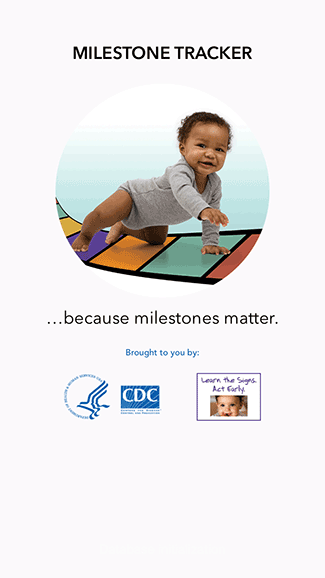USA TODAY published Jan 16, 2020
Theresa H. Rodgers, Opinion contributor
We’ve all seen it, and many of us are guilty of it: A parent is preoccupied using a phone at the playground, in line at the supermarket, at a restaurant or in a doctor’s waiting room as the child sits nearby.
But anyone raising or caring for children today should know this hard truth: When parents or caregivers spend too much time turning away from their kids and toward technology, the foundation for a child’s communication skills is weakened. In a world with competing priorities and limited time, experts in my field of speech and language development are already seeing the impacts on children who have missed out on hours of essential, real-life face time — and the results are concerning. Many of my colleagues across the nation say they are seeing more children entering kindergarten with limited communication and social skills. Older children, they say, are unable to handle formal social interactions, like ordering from waitstaff at a restaurant.
While we know that too much technology harms children's brains, parents’ digital habits play a role, too. What might seem like innocuous scrolling could be the new secondhand smoke — a personal habit that could endanger their children’s health and development in ways we don’t yet fully understand.
Different effects from smoking, but a similar danger
Unlike cigarettes, of course, parents’ phones, tablets and laptops won’t give their children asthma or ear infections or lead to sudden infant death syndrome. Nonetheless, there’s a disturbing parallel: Just as with smartphones today, we knew that secondhand smoke was dangerous for decades, yet Americans were largely complacent until the science and research overwhelmingly confirmed what was suspected. Millions of people breathed in damaging smoke in homes, offices, airplanes, restaurants, bars and cars. Even now, despite much progress promoting smoke-free places and steep declines in the share of Americans who smoke cigarettes, more than a third of 3- to 11-year-olds are exposed to secondhand smoke.
With technology, we can’t wait 10 or 20 years until the damage to a generation of children is done. A child’s communication clock starts ticking on day one, and from then forward, children need quality interactions with their parents and caregivers. A child’s communication skills blossom between the crucial ages of 0 and 3, and human interaction and conversation are the most effective ways to foster healthy development.
To learn to read emotions and engage socially, kids need to see faces and make eye contact. It’s how we’re wired and how we connect. To learn how to communicate and be prepared for academic — and eventually professional — success, they need parents who are tuned in to their signals and engage them in the back and forth of communication.
Regular, quality interactions with parents — talking, listening, singing, reading and playing together — fuel children’s language development and their acquisition of communication skills. And for children to get the brain food they need, parents need to be able to notice and respond to coos, smiles, eye contact and, later on, words, facial expressions, gestures and emotions. With hours less of these interactions each day, a child’s foundation for communication and social development is weakened, potentially impacting school readiness and creating a ripple effect throughout that child’s life.
Parents can’t respond meaningfully when they are buried in their phones and drawn to constant and unprecedented digital demands and distractions, from work emails, texts and calls to the 24-hour news cycle and the surround sound of social media.
Parental tech use, by the numbers
Parental tech use is already an issue for the majority of American families, and a recent YouGov poll commissioned by the American Speech-Language-Hearing Association found that among parents with children ages 8 or younger:
►95% say their tech use interferes with daily opportunities for talking, playing and interacting with their child without distraction at least a little.
►82% are at least a little concerned that their own use of technology might impact their child’s communication health and development.
►Half would not want their child to develop their screen-time or tech habits, now or in the future.
For years, speech and hearing experts like me have warned that Americans’ technology habits are a ticking “time bomb” that could lead to diminished communication abilities and skills across the population. We can’t wait any longer to protect children from the unintended consequences of our society’s tech obsessions.
Systemic changes, such as employers assessing the 24/7 digital demands on employees, should be in play. During well-child visits, pediatricians should ask about tech use in the home — just as they ask about smoking and other health risks — and be prepared to have tough conversations and offer tips for reducing parental tech use. And parents themselves can be more mindful of the amount of time they spend using their phones and other digital devices around their children.
The smartphone habit might not be easy to kick or curtail immediately, but intentional efforts — even small ones — can begin to make a difference in a child’s development. Parents and caregivers are the only ones who can truly defuse this communications time bomb, but we all need to recognize what our children are losing when a device’s bright screen becomes more alluring than a child’s bright face.
Theresa H. Rodgers is the 2020 president of the American Speech-Language-Hearing Association (ASHA), a national professional association for audiologists and speech-language pathologists. She is a speech-language pathologist and special education consultant in Prairieville, Louisiana. Follow her on Twitter: @theresahrodgers




